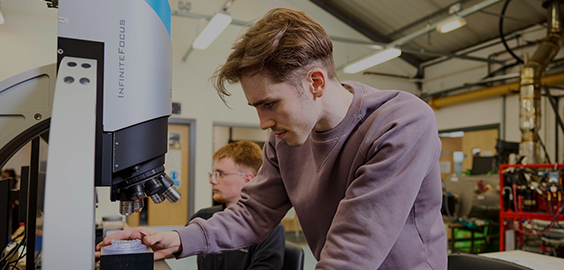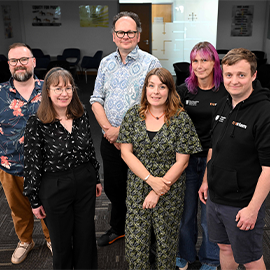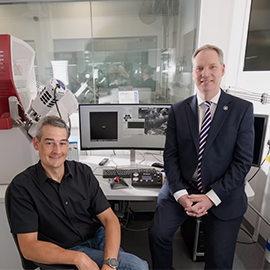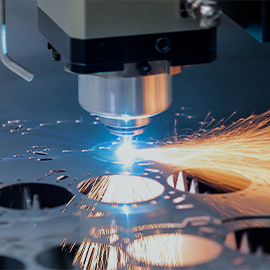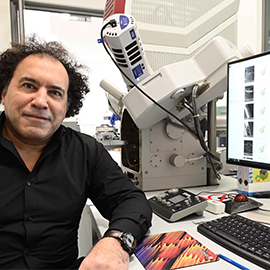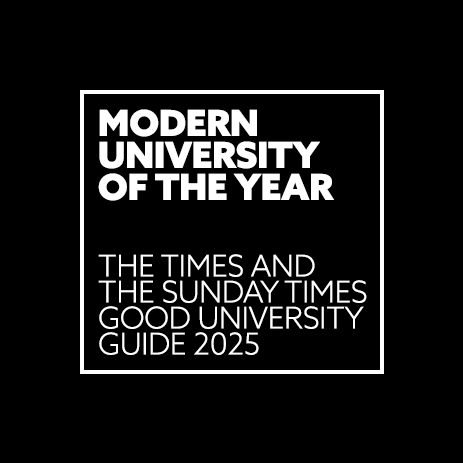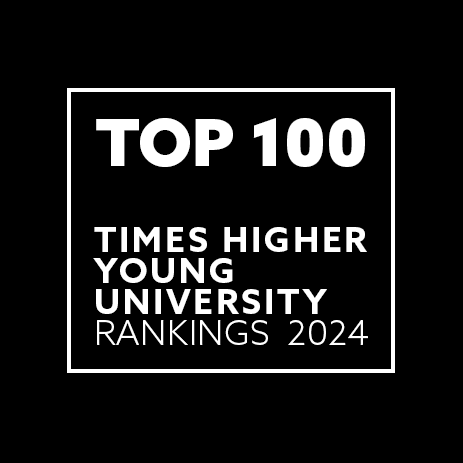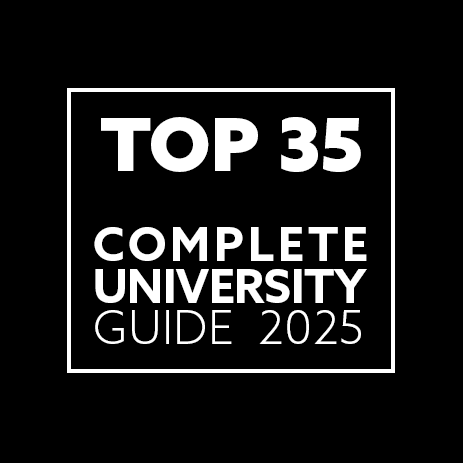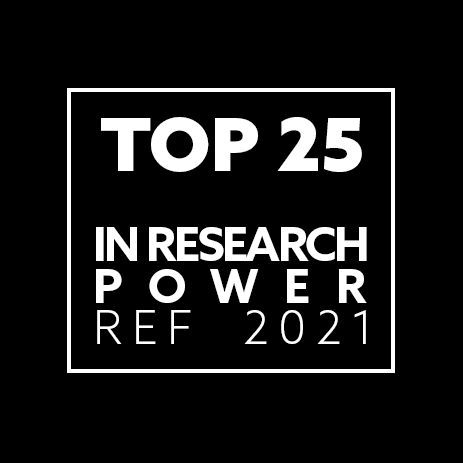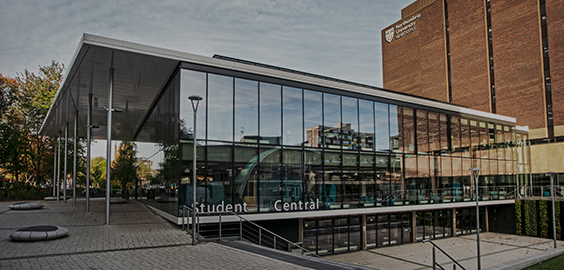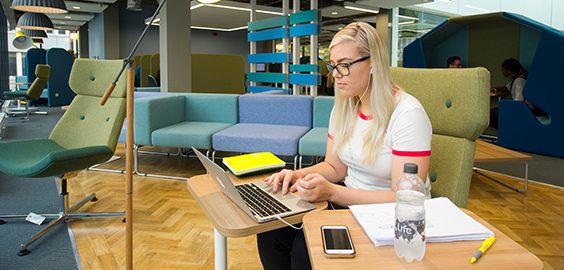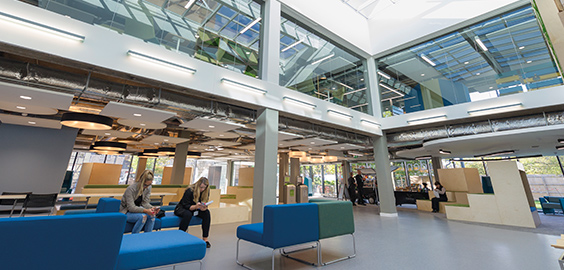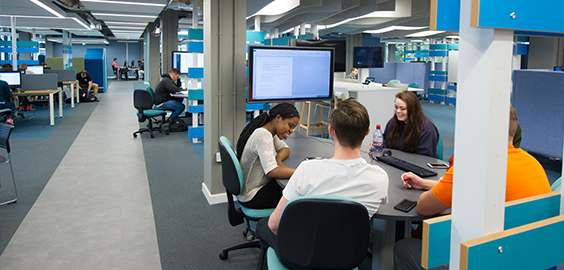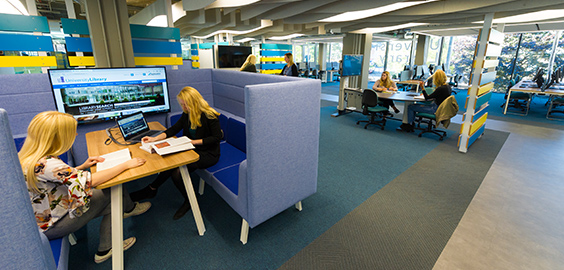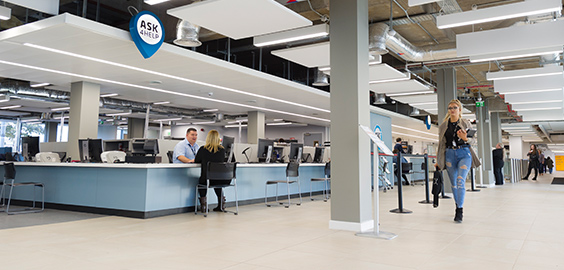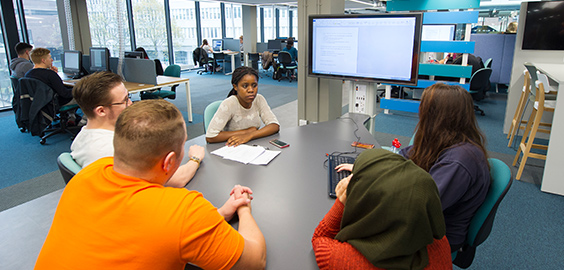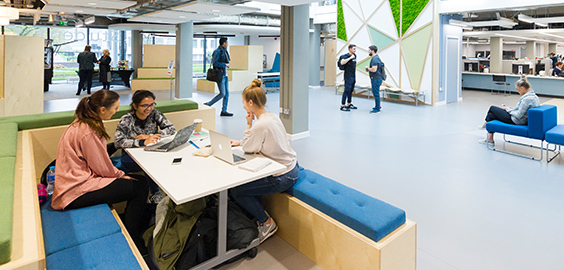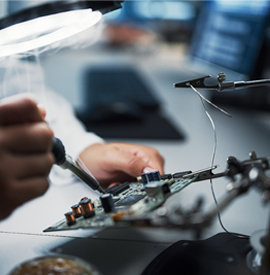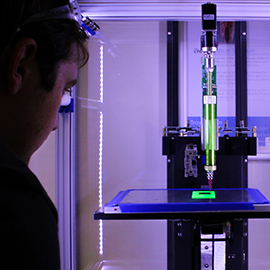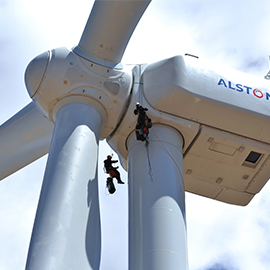How will this Automotive Engineering MEng (Hons) course provide me with the skills needed for my career?
MEng (Hons) Mechanical and Automotive Engineering has been designed to fully meet the Institution of Mechanical Engineers (IMechE)’s academic requirements for becoming a Chartered Engineer. Chartered status is associated with improved employability and higher salaries.
The optional placement year will enrich your experience and provide opportunities to engage with industry. There is also an option to spend the year studying abroad, which will broaden your international experience.
Our ‘learning by doing’ approach will give you an in-depth understanding and technical skills that are sought by employers. The major project in your third/fourth year, and the interdisciplinary engineering project in your fourth/fifth year, are great opportunities to apply everything you’ll have learnt. The outcome is not only important for assessment purposes but also to demonstrate your professionalism to potential employers.
Our Careers and Employment Service offers resources and support that will help you find roles matching your interests and skills. You’ll be able to access a range of workshops, one-to-one advice, and networking opportunities.
By the end of this course you’ll be in an excellent position to become an automotive engineering professional. Engineering is a growth industry and currently there is a shortage of engineers. The UK government is stressing the importance of skilled, qualified engineers to the future of business and industry.
The MEng (Hons) qualification will give you an extra edge in the job market. It’ll show that you have extended and deepened your knowledge and skills compared to others who have an undergraduate degree such as a BEng (Hons).
Whatever you decide to do, you’ll have strong employability as a result of having acquired the characteristics of a Northumbria graduate. These include critical reflection and self-learning, collaboration and curiosity, and the ability to apply your knowledge to solve problems in ways that are sustainable and ethical.
 Option for Placement Year
Option for Placement Year Option for Study Abroad
Option for Study Abroad




